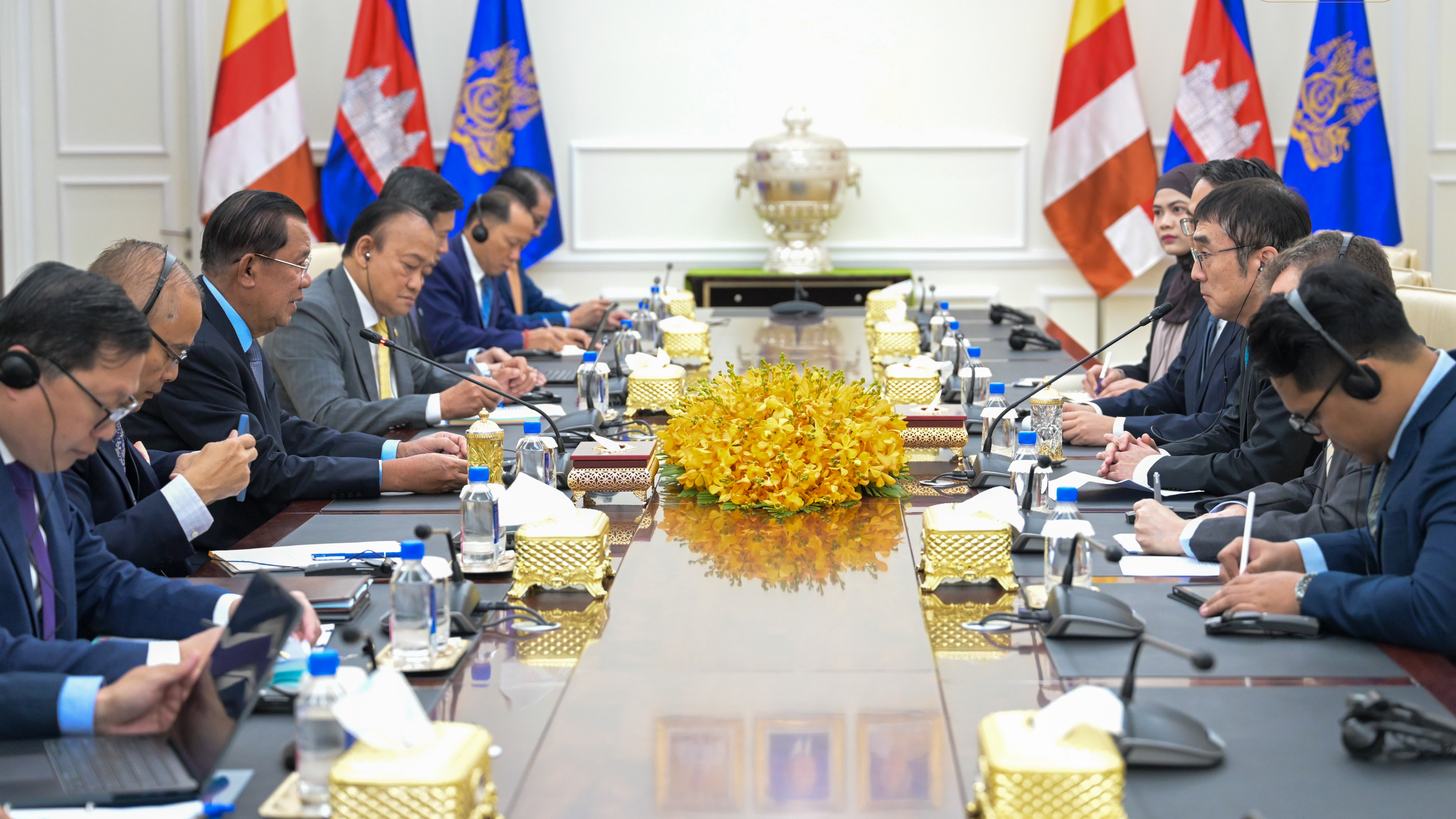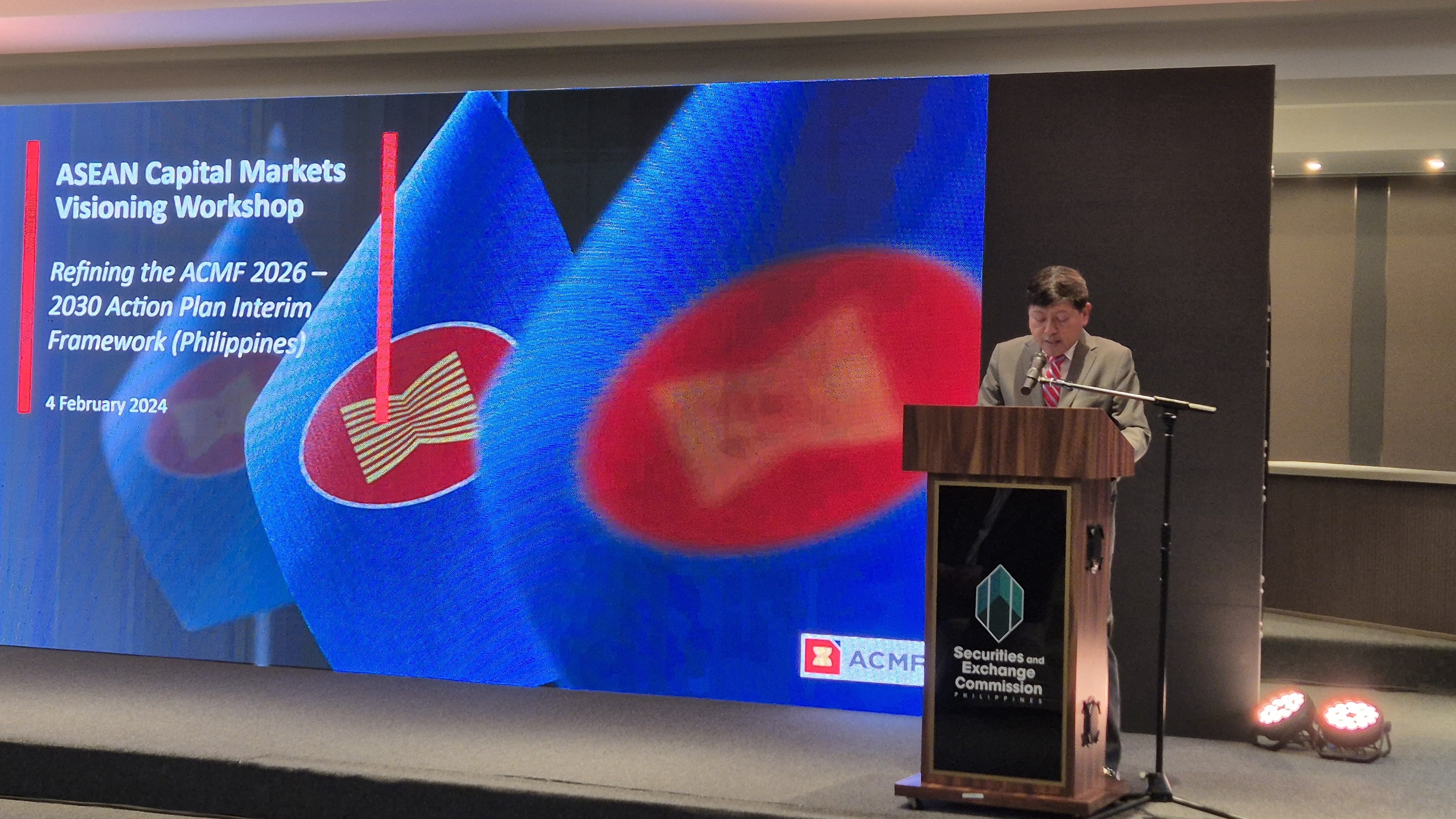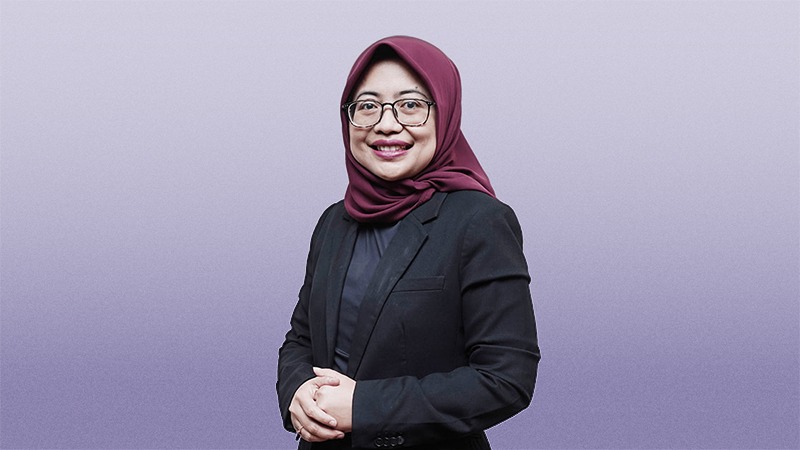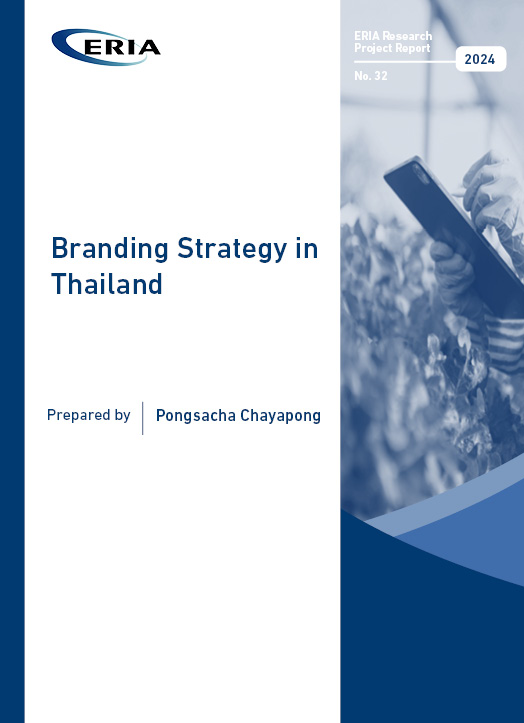Women Empowerment, Closing Gender Gap Reaffirmed in G20 Ministerial Conference
Date:
24 August 2022Category:
NewsShare Article:
Print Article:
Bali, 24–25 August 2022: A range of stakeholders from the Group of Twenty (G20) member governments and international and non-governmental organisations reaffirmed the G20 leaders’ commitmen to discuss promising practices and critical issues that will close the gender gap and empower women economically. This was the focus of the second G20 Ministerial Conference on Women Empowerment (G20 MCWE) 2022 held in Bali, Indonesia, on 24–25 August 2022. The conference, organised by the Ministry for Women’s Empowerment and Child Protection of the Republic of Indonesia, was the second to be held after being initiated by the Italian G20 presidency in 2021.
The conference focused on the following issues: Care Economy Post Covid-19: The Missing Opportunity in the Labour Market, Closing Digital Gender Gap: Women’s Participation in the Digital Economy and Future Work, and Women’s Entrepreneurship: Accelerating Equality and Recovery.
In her opening remarks, HE I Gusti Ayu Bintang Darmawati, Indonesia’s Minister of Women Empowerment and Child Protection, emphasised the importance of promoting gender equality and leveraging women’s participation in the digital economy. She also reaffirmed Indonesia’s commitment to gender mainstreaming policy programmes: increasing women’s empowerment in gender entrepreneurship, increasing the role of mother and families in children’s education and care, reducing violence against women, reducing child labour, and preventing child marriage.
HE Elena Bonetti, Italy’s Minister of Equal Opportunity and Family, delivered the special ministerial notes appreciating Indonesia’s commitment to reinforce the G20 Italian Presidency’s commitment in 2021.
HE Sri Mulyani, Indonesia’s Minister of Finance, delivered the keynote speech, Care Economy Post Covid-19: The Missing Opportunity in the Labour Market, pointing out the importance of fostering the care economy framework, enabling women to flourish in economic activities, and minimising the disruptive impact of COVID-19 in the labour workforce. She announced the financial sector’s commitment to promote gender equality by providing ultra-microcredit for small and medium-sized enterprises in the country.
Dr Giulia Ajmone Marsan, Director for Strategy and Partnership of the Economic Research Institute for ASEAN and East Asia, moderated the second session of the conference. Following remarks from the speakers and ministerial statements from G20 and the invited countries, including Australia, Cambodia, India, Japan, and the Republic of Korea, she summarised the key points that emerged during the session. She noted that the rapid digital transformation of economies and societies makes it imperative to provide equal access to digital infrastructure, skills, and information for women’s participation in the digital economy. Narrowing the digital gender divide, she said, is crucial to enable women to better contribute to economic growth. The director emphasised four key areas identified during the session: access to basic (internet, mobile phones, etc.) and more sophisticated (science, technology, engineering, and mathematics skills and education; entrepreneurship opportunity; and leadership positions) components of the digital economy for women and girls; multi-stakeholders partnership to promote equal access of women to technology and finance involving public and private educational institutions as well as the civil society; the need to gather sex-disaggregated data to better understand the dynamics of the digital gender divide; and a safe digital environment free from stereotypes, biases, discrimination, and cyberviolence against women and girls.
On the second day, the discussion focused on practical actions to promote gender-inclusive business ecosystem, including the importance of providing a better systematic approach to financial services that encompass public–private partnerships, gender mainstreaming in policymaking, and aggregated data across cross-cutting organisations. The session was followed by the presentation of practical approaches from the perspective of the private sector as represented by PT XL Axiata, Grab Indonesia, and BlueBird.
The G20 MCWE 2022 closed with Minister Darmawati handing over the G20 Presidency to HE Smriti Zubin Irani, India’s Minister of Women and Child Development, who will chair the meeting in 2022.
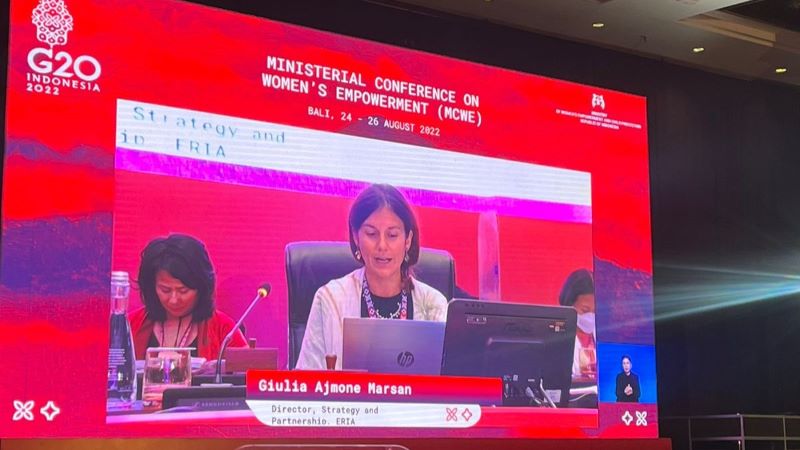
.jpeg)
.jpeg)
.jpg)
.jpg)
.jpeg)
.jpg)



